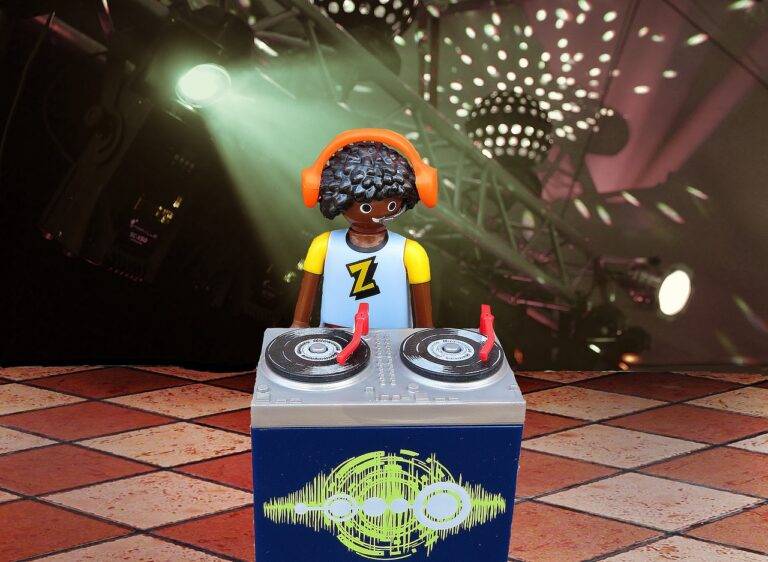Investigating the Role of Music in Memory Formation and Recall: The Power of Emotional Association
Music has a profound impact on memory formation, as it can enhance our ability to retain information. The melodies and rhythms of music can create strong neural connections in the brain, which can help in imprinting memories more effectively. Research suggests that listening to music while studying or trying to remember something can significantly improve memory recall.
Moreover, music can evoke emotions and mood, further enhancing memory formation. When we listen to music that elicits a specific emotional response, our brain releases neurotransmitters that help in encoding memories associated with that emotional state. This emotional connection to music can serve as a powerful cue for retrieving memories later on.
The Connection Between Emotions and Memory Recall
Emotions play a significant role in the process of memory recall. When we experience strong emotions, our brain releases neurotransmitters that can enhance our memory formation. This is why we tend to vividly remember events that are linked to intense feelings, whether positive or negative.
Moreover, emotional arousal can help in consolidating memories, making them more easily retrievable. For example, a thrilling or heartwarming moment can create a strong imprint in our memory, allowing us to recall details with clarity even years later. This interconnected relationship between emotions and memory recall showcases the intricate workings of the human brain and the power of emotional experiences in shaping our memories.
How Music Stimulates Brain Activity
Music has the unique ability to activate various regions of the brain, sparking neuronal connections and enhancing cognitive functions. When individuals listen to music, multiple areas of the brain light up, including those responsible for memory, emotion, and motor control. This simultaneous engagement leads to increased brain activity and a heightened state of alertness and focus.
Furthermore, studies have shown that music can trigger the release of dopamine, a neurotransmitter associated with pleasure and reward. This neurochemical response not only reinforces positive feelings but also helps in the formation of strong memories. As a result, listening to music can stimulate the brain to perform at its optimal level, improving overall cognitive function and memory retention.
How does music influence memory formation?
Music has been found to enhance memory formation by creating a strong connection between the music and the information being learned, making it easier to recall later on.
Can listening to music affect emotions and memory recall?
Yes, listening to music can evoke emotions which can in turn influence memory recall. Positive emotions associated with music can lead to better memory retrieval.
How does music stimulate brain activity?
Music engages multiple areas of the brain, including those responsible for processing sound, emotions, and memory. This stimulation can improve cognitive function and enhance brain activity.





